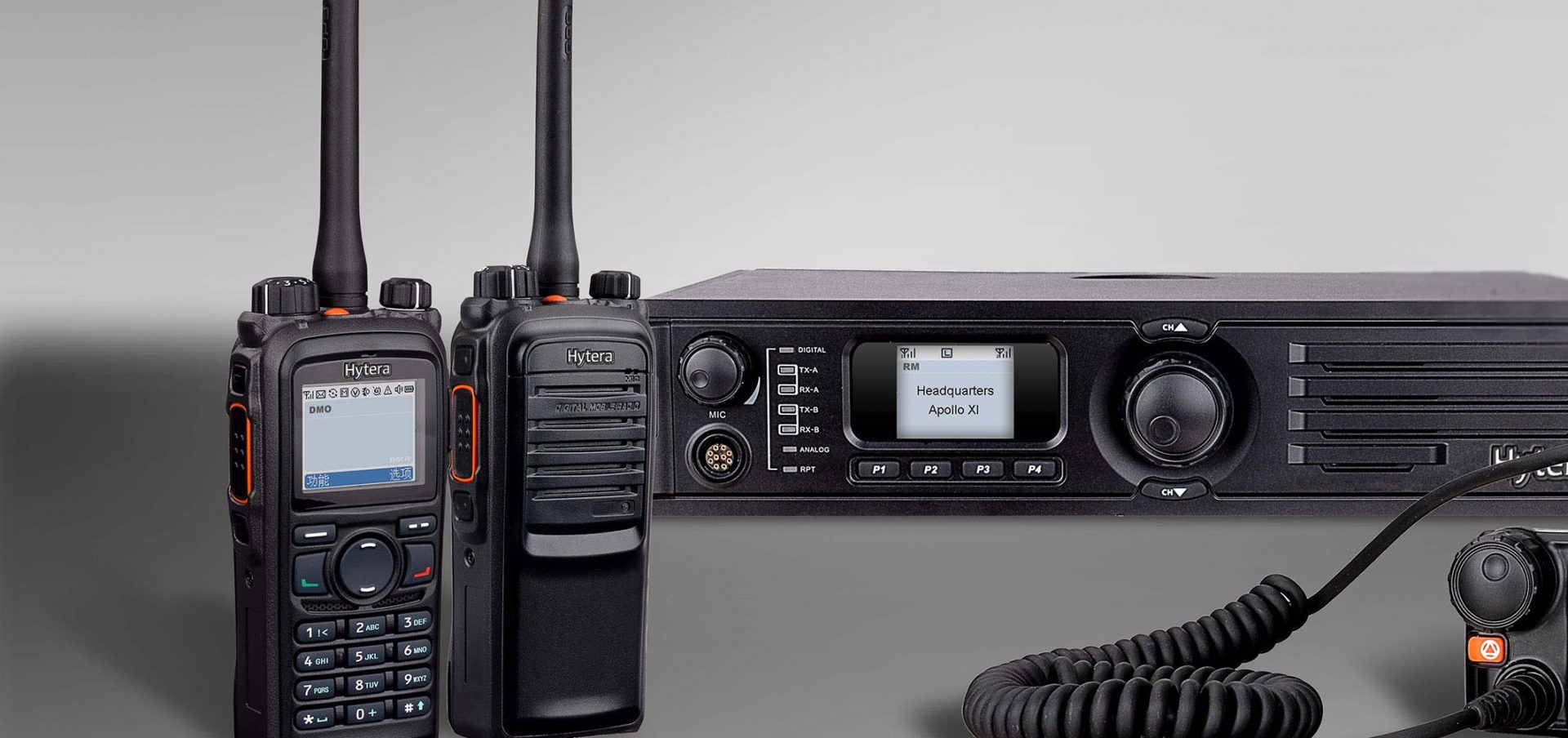Electric cars have revolutionized the automotive industry, offering a sustainable and eco-friendly alternative to traditional gasoline-powered vehicles. Beyond their environmental benefits, electric cars have gained popularity for their impressive acceleration and speed. In this blog post, we will delve into the factors that contribute to the perception of electric cars feeling faster, exploring the technology behind their performance and debunking any misconceptions.
- Instant Torque: The Electric Advantage
One of the primary reasons electric cars feel faster is their instant torque delivery. Unlike internal combustion engines that require time to build up power, electric motors provide maximum torque from the moment you press the accelerator. This immediate response creates a thrilling sensation of acceleration, propelling the car forward with remarkable force. - Weight Distribution and Handling
Electric cars are designed with their heavy battery packs placed low in the chassis, resulting in a lower center of gravity compared to conventional vehicles. This optimal weight distribution enhances stability and improves handling, allowing electric cars to navigate corners with precision and confidence. The seamless integration of power and control further contributes to the perception of speed. - Single-Speed Transmission: Simplicity and Efficiency
Unlike traditional cars with multiple gears, electric vehicles typically feature a single-speed transmission. This simplicity eliminates the need for gear shifting, resulting in a smooth and uninterrupted power delivery. The absence of gear changes enhances the feeling of continuous acceleration, making electric cars feel faster and more responsive. - Regenerative Braking: Harnessing Energy
Electric cars often employ regenerative braking systems, which convert kinetic energy into electricity to recharge the battery. When decelerating or braking, the electric motor acts as a generator, capturing energy that would otherwise be wasted as heat in traditional braking systems. This regenerative braking not only improves efficiency but also provides additional deceleration force, enhancing the overall driving experience and creating a sense of controlled speed. - Sound and Sensory Perception
In traditional cars, the engine noise often contributes to the perception of speed. Electric vehicles, on the other hand, operate quietly, lacking the familiar roar of a combustion engine. However, manufacturers have recognized the importance of auditory feedback and have started incorporating artificial sound systems to simulate engine noise. These sound enhancements, combined with the seamless power delivery, create a unique sensory experience that can make electric cars feel even faster.
Conclusion:
Electric cars, with their instant torque, optimal weight distribution, single-speed transmission, regenerative braking, and carefully engineered sound enhancements, can indeed feel faster than their gasoline counterparts. The combination of these factors creates an exhilarating driving experience that challenges preconceived notions about electric vehicle performance. As technology continues to advance, electric cars will only become more impressive, solidifying their position as a thrilling and sustainable mode of transportation.


